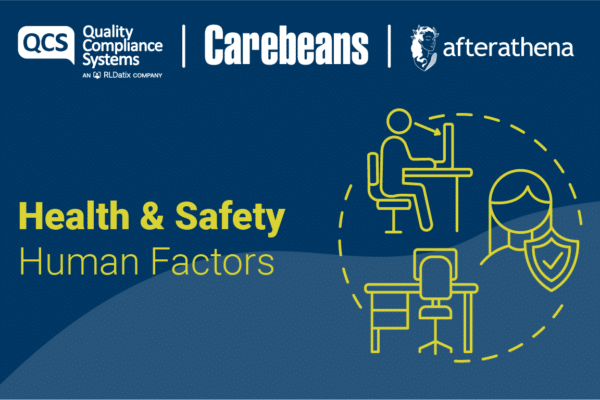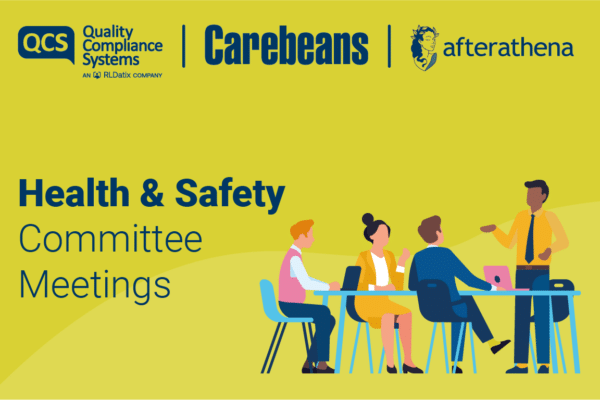Introduction
As summer fast approaches, and the temperature rises, having air to a room is one way of cooling the temperature in any health and social care home. Care homes are known to get warm and the temperature is generally set between 24C and 26C. All Health and Social Care establishments have window restrictors fitted to all windows to prevent vulnerable people falling. In residential and nursing homes, residents often get uncomfortable as the heat rises and find the need to open their windows to allow air in. This article considers the impact of window restrictors and backs this up through a case study which tragically resulted in a resident falling to her death.
Case Study
This case study involves a care home, in which an 87-year-old woman with dementia who fell four metres through a window in the early hours of 3 October 2013 to her death. The company who manages the care home was prosecuted on 7 June 2017 for breaching section 3 (1) of the Health and Safety at Work Act 1974.
Not having a window restrictor in situ cost a vulnerable older person with dementia to gain access through a window sadly to her death. To the company, it cost them almost £ ½ million in court. See HSE website for more information click here
You can find the article in SHP (Safety and Health Practitioner) click here
This is an example of where simple housekeeping, in which having a restrictor in place, would have prevented a fall and an unnecessary fatality.
What impact does this have on my company?
Accidents do happen in residential and nursing care homes, whilst you cannot stop every accident occurring, some are simply not excusable. Window restrictors are simple to install and cheap to buy even on a large nursing home.
The impact; financial cost aside; the CQC have special powers to investigate safety breaches from the HSE (safety and quality) and will work alongside the police. This is prosecutable, could lose a company their licence to operate and emergency measures being implemented including the possible removal of the home care manager and a temporary manager assigned to address the CQC concerns. Having been commissioned to undertake a number of Care Home audits and frequently read CQC reports for residential and nursing care homes this is a HOT issue which the CQC rightly challenge.
Company Directors and those with significant powers within a company are reminded to consider the implementation of: The Health and Safety at Work Act section 37 – this is covered in my article on Corporate Manslaughter.
Such an occurrence would spark media attention which would have a financial impact of the home receiving additional residents and other funding streams cut.
Residents are likely to be distressed not just by what has happened, but all the extra activity occurring at the home. The family of the lady will also have to be supported through this fatality.
What do I need to do?
All residential units need to have window restrictors on upper floor windows, low-level windows and if a risk assessment deems necessary all ground floor windows. HSE guidance states that the opening should be restricted to 100 mm or less. Window restrictors should only be able to be disengaged using a special tool or key. Access may need to be restricted to balconies that are not designed to prevent people who are at risk from climbing over. For more information click here.
General Housekeeping audits
Three basic things need to be done to ensure all windows have restrictors in place:
- A weekly maintenance audit on housekeeping is completed, any window restrictors missing or damaged MUST be replaced without delay, and immediately escalated to the home care manager
- A monthly management audit which involves both a tour of the home and a review of paperwork. Any paperwork that is incorrect or falsified must be challenged without delay and identified concerns actioned. Keep an audit trial of all paperwork, emails etc.
- All staff have a duty to report any concerns to their Home care manager, clinical lead or line manager. Any member of staff who entering a resident room should do a brief visual check – if something is of concern, report it
If you are a manager of a Health and Social Care establishment it is ultimately YOUR responsibility to manage the welfare of ALL who enter, work or live in your premises or homes. Staff have a responsibility to report, however, your responsibility as a manager is to action, delegate and then ensure the task has been completed – please ensure your premises and grounds are safe.
What does the law require?
This has generally been covered earlier, though is covered by The Health and Safety at Work Act 1974 section 3 the salient part of which is:
- It shall be the duty of every employer to conduct his undertaking in such a way as to ensure, so far as is reasonably practicable, that persons not in his employment who may be affected thereby are not thereby exposed to risks to their health or safety.
In the case study, this is the piece of legislation the company was prosecuted against. The words in italics refer to the resident which fell, in that she was not employed by the company, though the company had a duty to keep her safe, which clearly it failed to do.
References
The Health and Safety at Work Act 1974 section 2 & 3
Caring Homes fined after death of elderly resident (HSE website)






